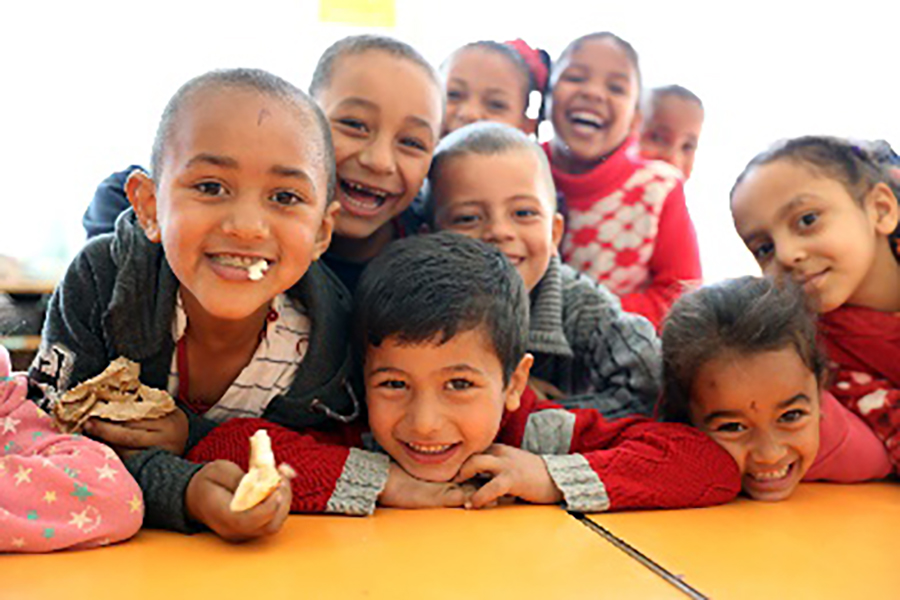
Choithrams joins UN WFP’s Zero Hunger campaign
For the sixth consecutive year, UAE-based supermarket chain Choithrams continues supporting UN WFP’s Zero Hunger campaign by launching its #ZeroHungerwithGoodness campaign 2020. The campaign, designed to support its long-term partner – the UN World Food Programme (WFP), aims to support marginalised children living in challenging circumstances through the provision of nutritious school meals. It will run in selected supermarkets and on Choithrams online from September 1 until December 31, 2020.
Through the #ZeroHungerwithGoodness campaign, Choithrams pledges to donate up to AED4 every time a customer purchases a product from the “Goodness Foods” range marked with a special sticker. Proceeds will go to support WFP’s School Feeding programme in the Middle East.
As Choithrams continues supporting UN WFP’s Zero Hunger campaign, LT Pagarani, chairman of Choithrams said, “Our commitment to the United Nations World Food Programme gives us an opportunity to rally behind children facing the risk of hunger and malnutrition. Our goal is to help children thrive in life and continue their education and personal development by providing them with nutritious food through WFP’s successful School Feeding programmes. We count on the continued support and donations of our diligent staff and generous customers and partners for the success of this initiative and hope to exceed our target of one million locally-made school meals.”
Popularised through the social media hashtag #ZeroHungerwithGoodness, the integrated fundraising campaign builds on the success of the past five years, during which Choithrams – together with its partners, customers and well-wishers – was able to raise more than $2 million. Proceeds were used to fund WFP’s school feeding programme and ensure continued education of marginalised children.
According to WFP, the global average cost of one nutritious meal for a child in school is about AED1, and the average cost of one year of school meals is about AED200.
“We value Choithrams’ continuing support and partnership. It is a great example of how effective the private sector’s role can be in the fight against hunger and food insecurity,” added Mageed Yahia, director of WFP Office in the UAE and representative to the GCC. “Close to 24 million children and youth could drop out or lack access to school next year because of COVID-19’s economic impact alone. We are working tirelessly with our partners and supporters to create an incentive for parents to send their children back to school. Making sure nutritious meals and necessary health services are in place when schools reopen is the first step towards that.”
At the peak of the crisis, nearly 13 million children who receive school meals from WFP were missing out on school meals on which they depend. WFP is working with governments and partners to ensure that school children and their families continue to receive the necessary support that addresses their food and nutritional needs. Because of COVID-19, it is estimated that the number of hungry people around the world may double this year.
WFP’s school feeding programmes span 61 countries and serve as a critical social safety net for poor and vulnerable households. In 2019, WFP provided school meals to 17.3 million schoolchildren and supported national school feeding programmes, benefitting a further 39 million children. Some programmes provide complete meals while others provide fortified snacks. Because of the pandemic, WFP has shifted its work in some cases, providing nearly 7 million schoolchildren in 45 countries affected by school closures with take-home rations.
For all the latest retail news from the Middle East, follow us on Twitter and LinkedIn, like us on Facebook and subscribe to our YouTube page.